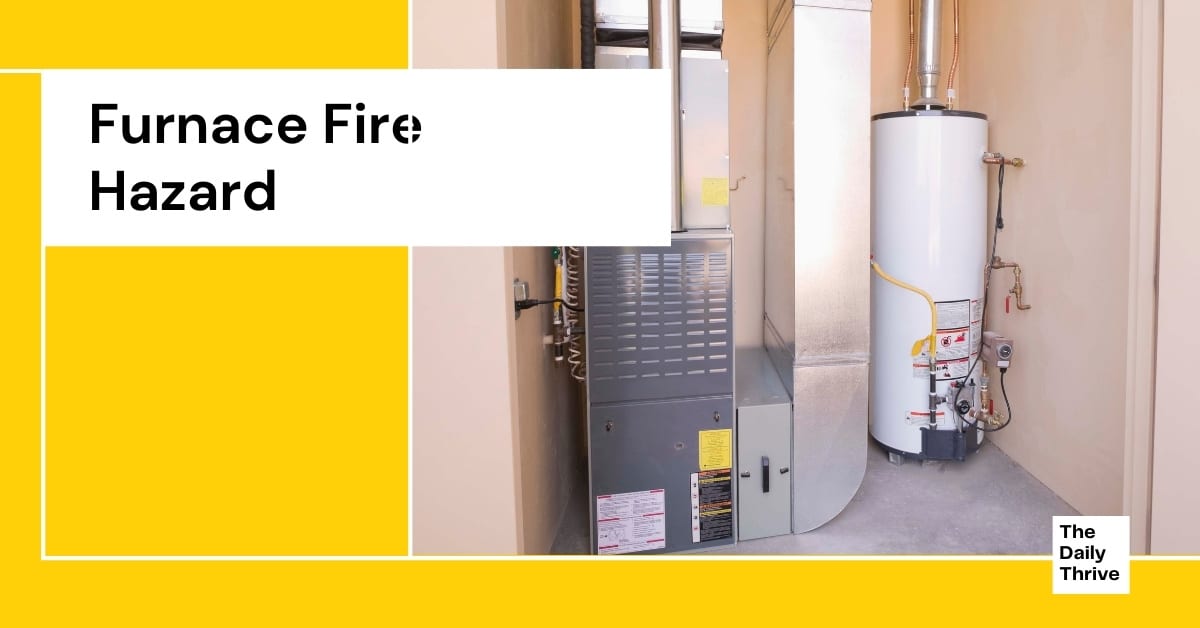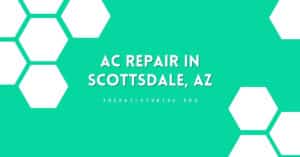As winter is approaching, the temperatures are beginning to drop, and naturally, our first instinct is to turn the heat on. Gas furnaces are a very common form of heating in the United States. This heating system work by combusting fuel to create heat. However, if you don’t use your furnace correctly or take preventative maintenance measures, they can be very dangerous.
We want you and your family to stay safe, so below, we will provide you with several furnace hazards to be well aware of them. And hopefully, be able to prevent furnace fire hazard from happening in your home.
Causes of Furnace Fire Hazard
Faulty and malfunctioning parts cause many of the accidents that involve gas furnaces. Furnace repairs can sometimes be costly; however, if they keep your family safe, then the money put in to save from furnace hazards will be well worth it.
An overheating can make a furnace fire hazard. One of the factors that could lead to furnace overheating is an accumulation of dirt. Dirt can be collected inside and around your air filter. The system may heat up due to the dirt acting as insulation.
If you have a new high-efficiency furnace, you don’t have to worry about your parts malfunctioning because they are practically new. However, if you have an older furnace, it more than likely no longer complies with the current standard safety codes and can pose a higher risk due to the lack of technology that went into creating them.
Gas furnaces that have not been properly sized to fit the building they are being installed in also pose a great risk of having an accident like a furnace fire hazard.
If a furnace is not properly sized, it can produce entirely too much carbon monoxide, is a major furnace hazard, and could result in fatal death. In addition, failing to follow the instructions that the manufacturer provides can cause accidents as well.
Consequences of Furnace Fire Hazard
Failure to keep your furnace well maintained and failure to follow instructions provided by the manufacturer can result in some very bad consequences.
One of the most common consequences is a house fire. When too much natural gas is leaked into the air, it will quickly build-up, making for a highly flammable environment. It can very easily explode and cause a furnace fire hazard.
Even if the gas does not cause an explosion, the odor can cause you and your family to become very sick. The symptoms can range from unexpected pains to nausea and fatigue.
A release of too much carbon monoxide can also harm you and your family members by depleting oxygen from the air. It can even lead to carbon monoxide poisoning, better known as the silent killer.
Furnace Fire Hazard Prevention Tips
As we mentioned above, one way to prevent furnace hazards is to keep the furnace serviced and repaired when needed. Therefore, it is important that before starting up your furnace for the cold winter months that you, as a homeowner, make it a point to have the furnace professionally maintained.
A furnace inspection will ensure that all of the parts are working properly and that there are no obstructions, cracks, tears, or leaks. A professional HVAC technician will also ensure a good amount of air flowing around the furnace to have a sufficient supply of clean air to pull into the burner.
We don’t want you and your family to be without heat when you need it the most, so never hesitate to give us a call to schedule your next furnace service. Ensure that your furnace is safe and ready to function through the cold winter months and that there is no furnace fire hazard.






